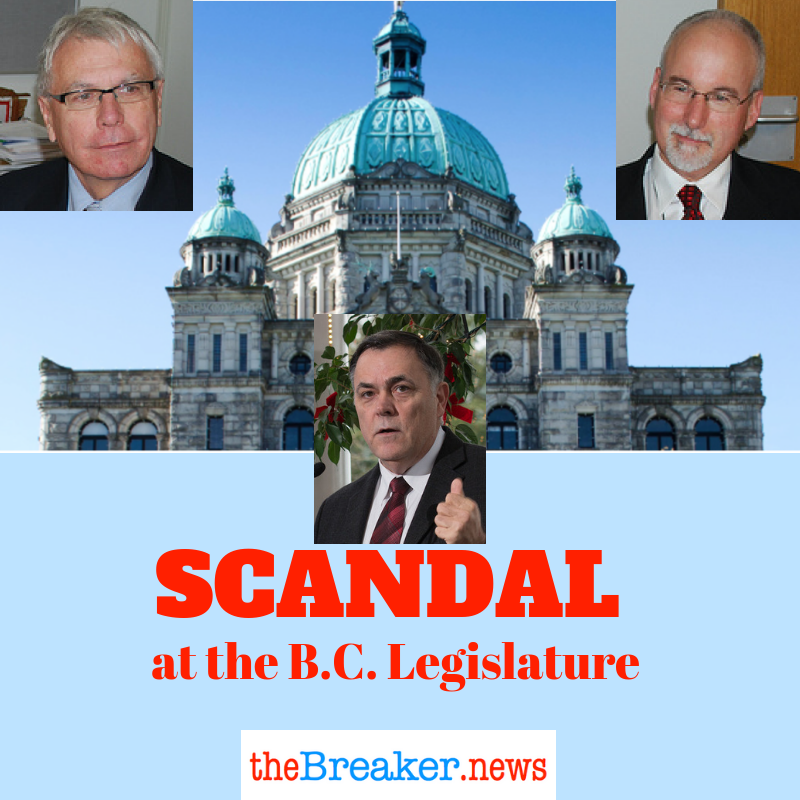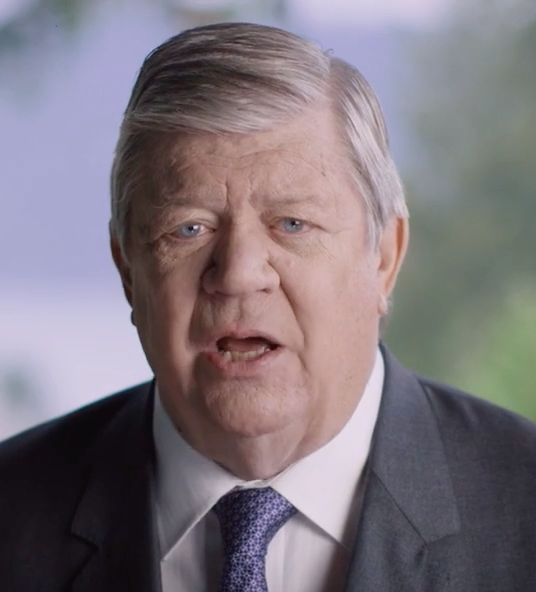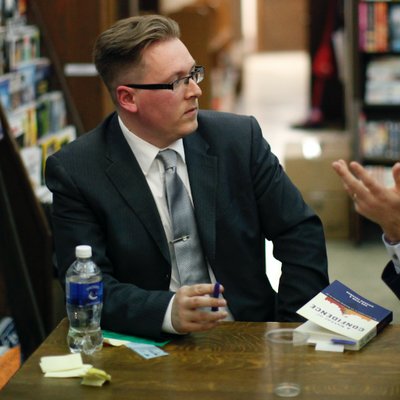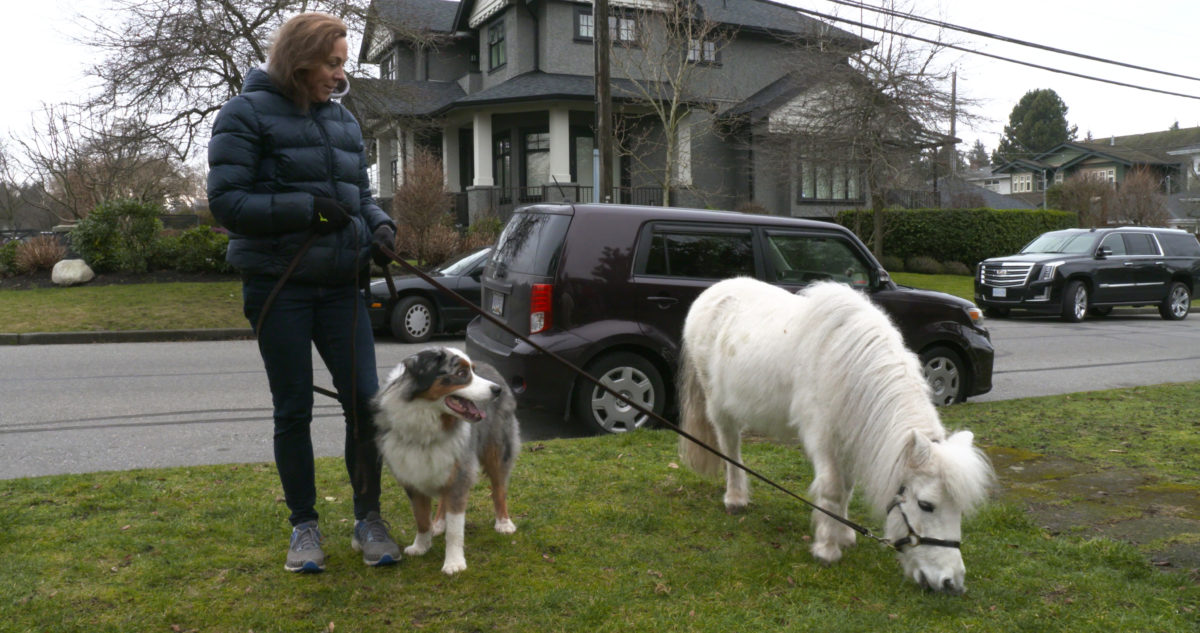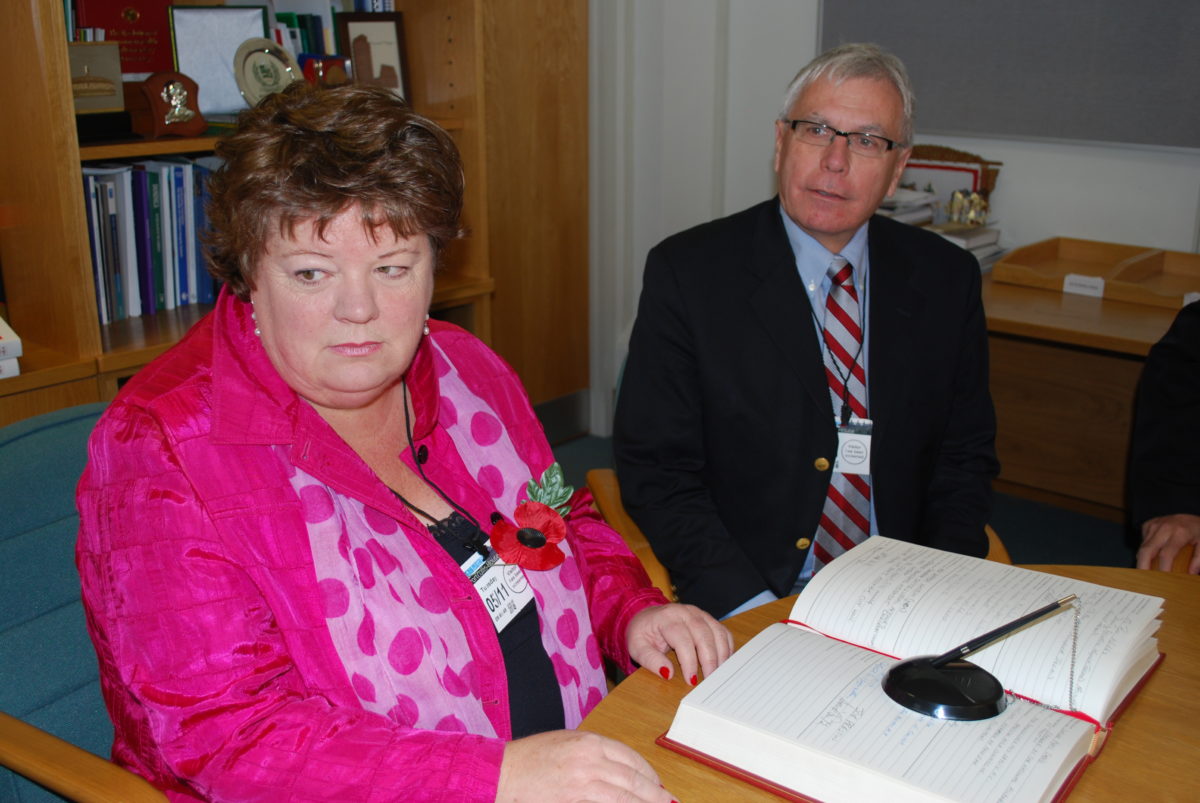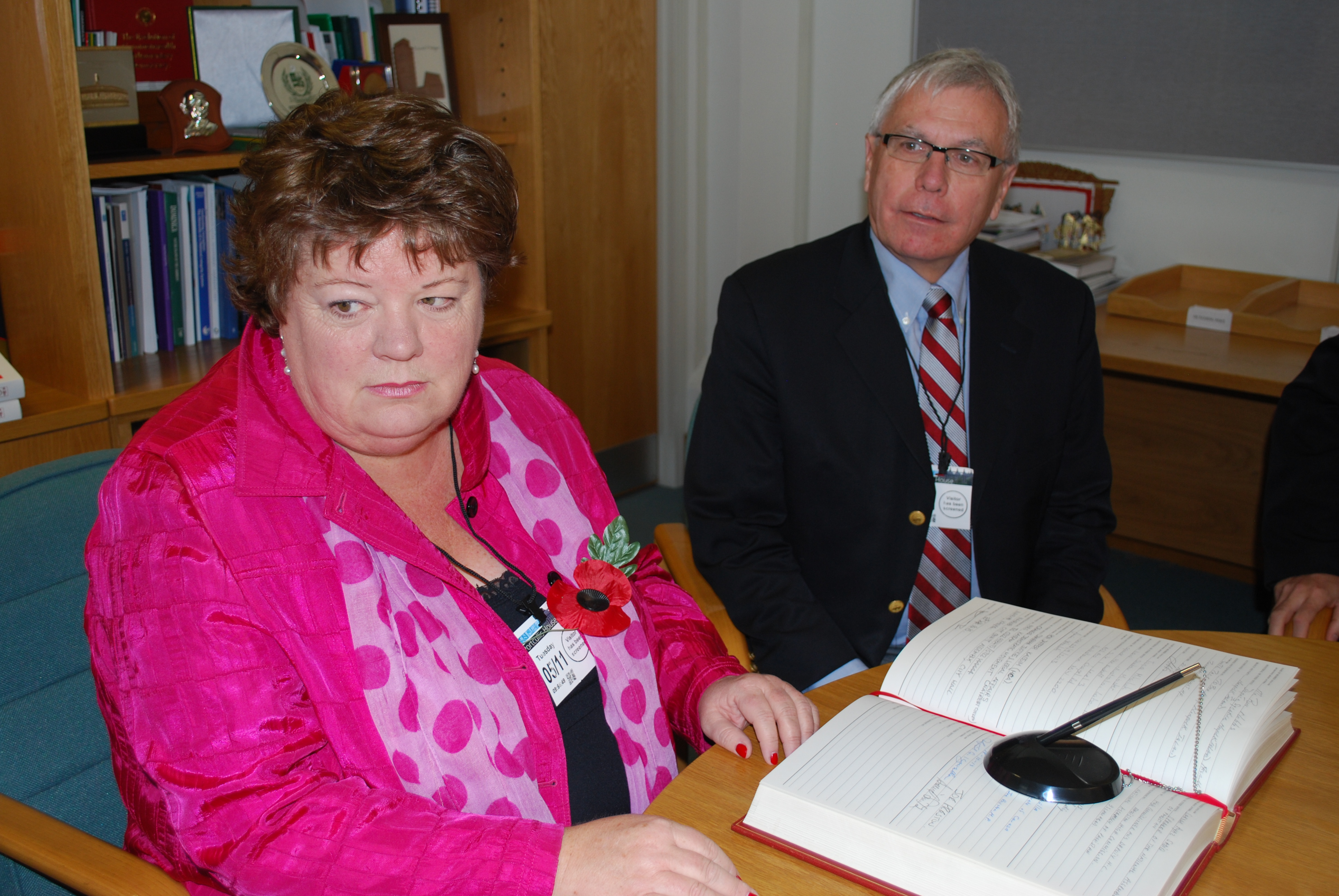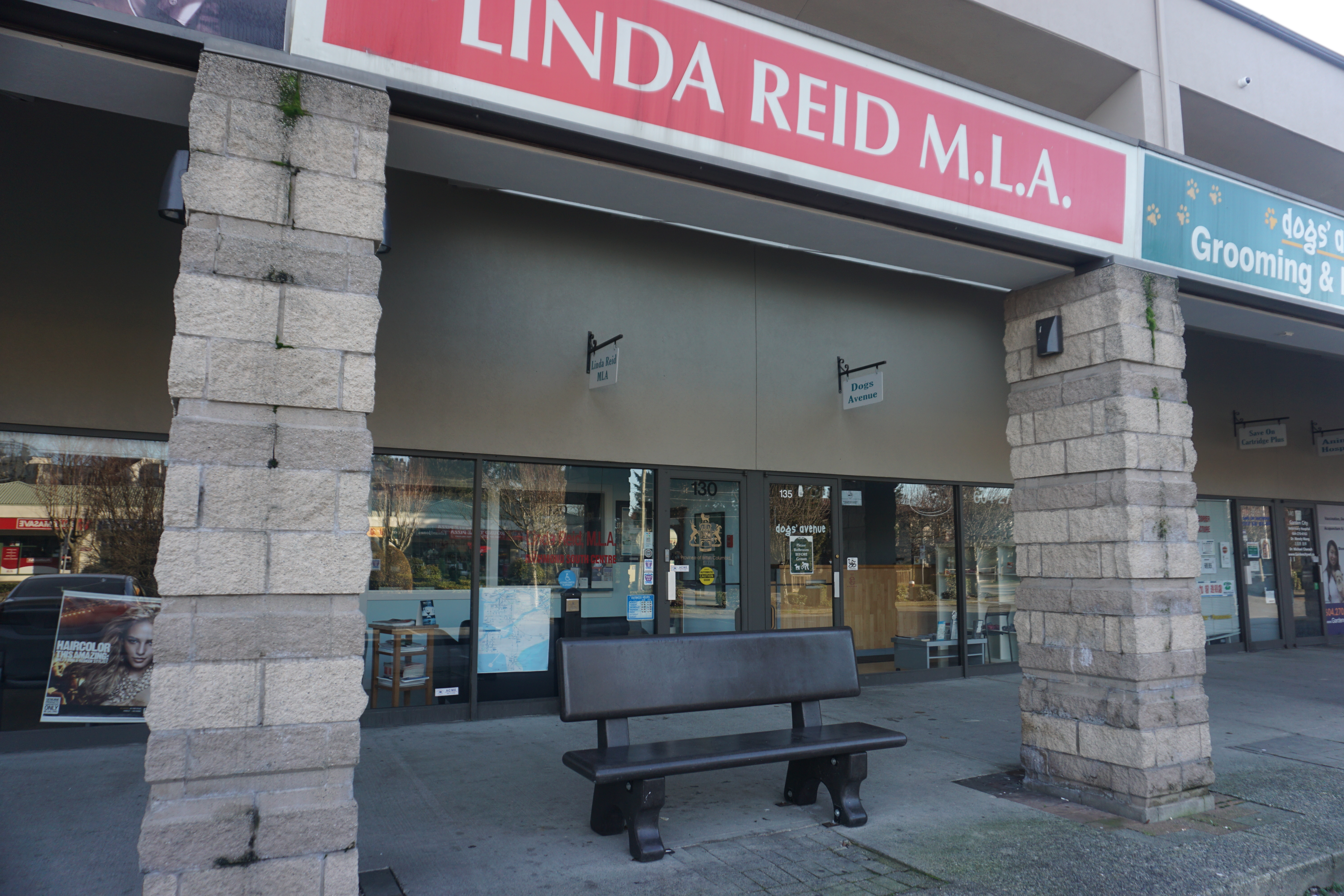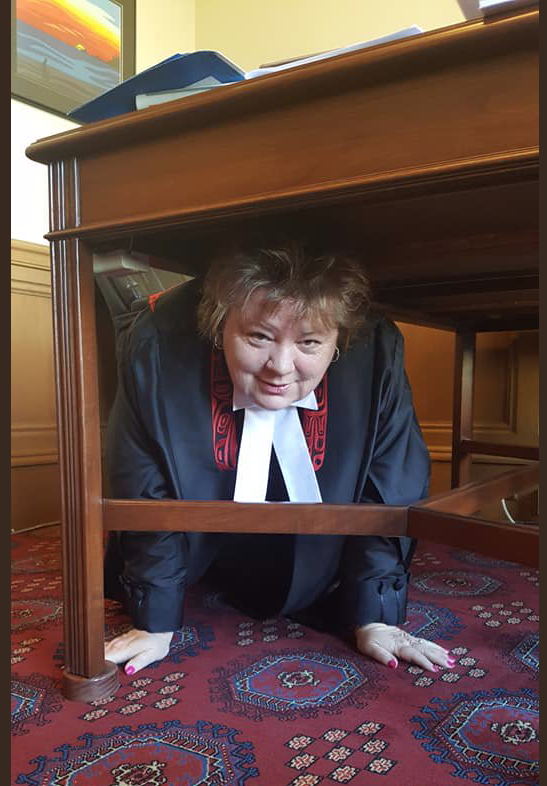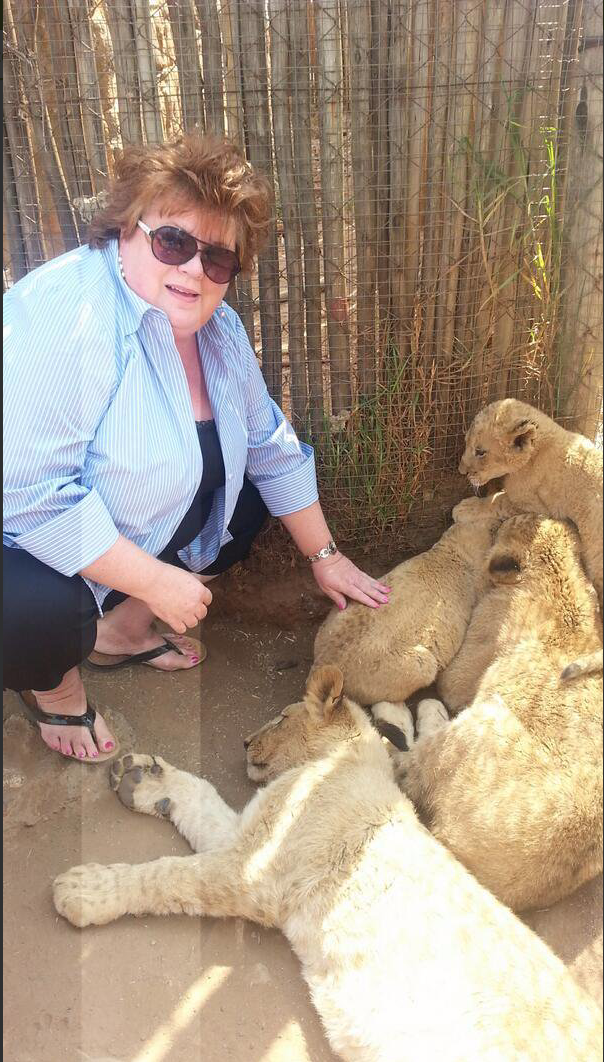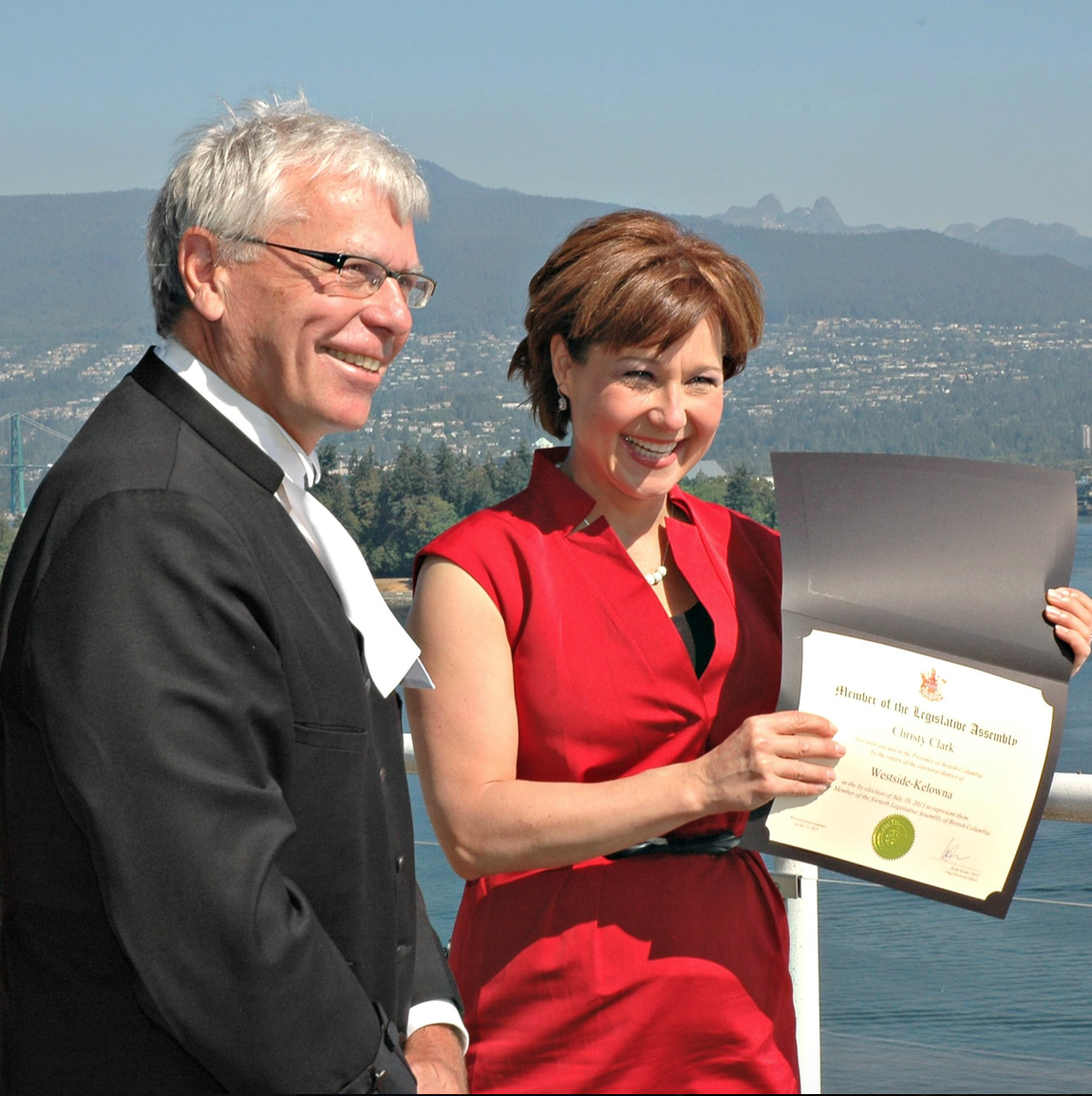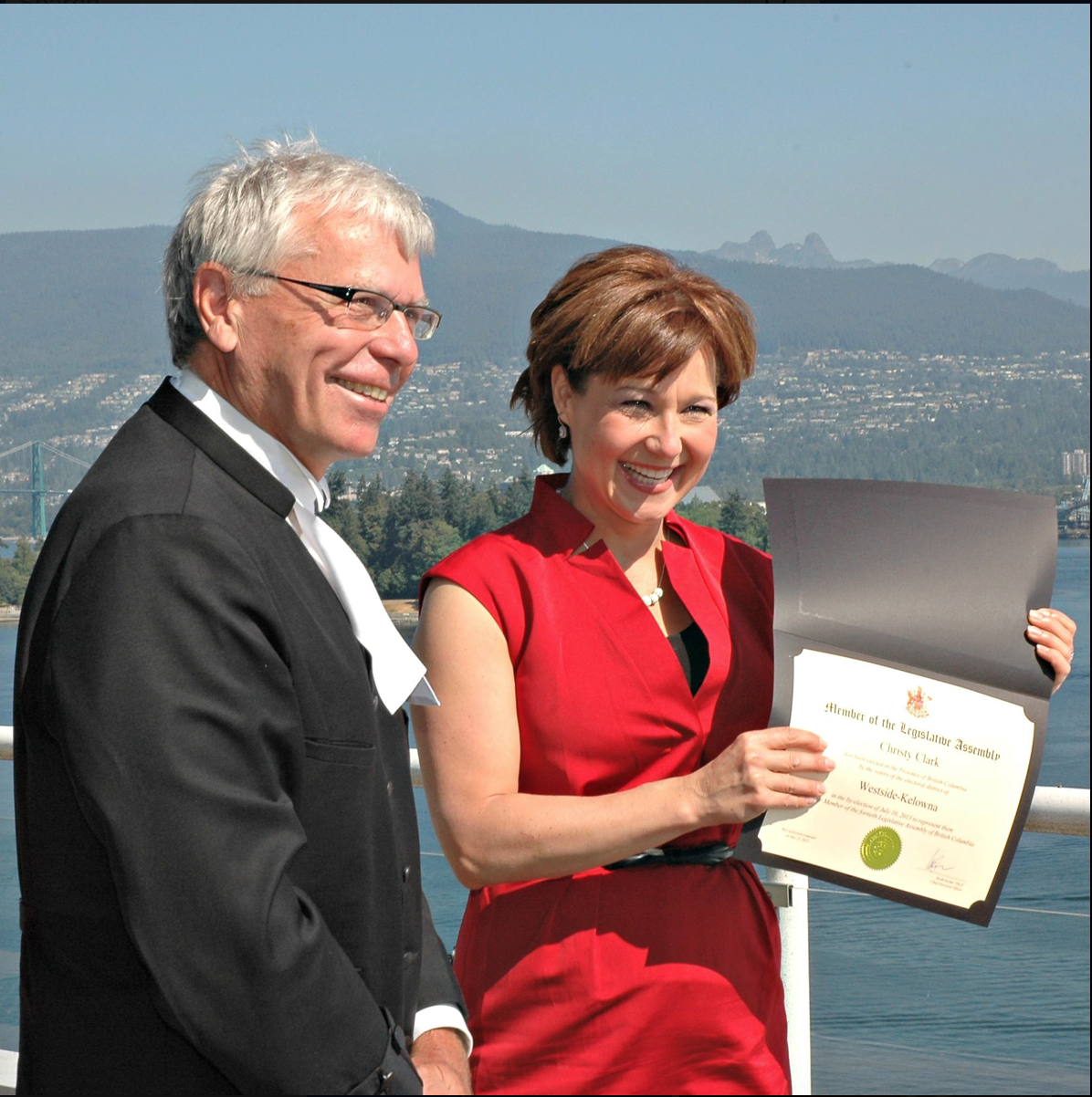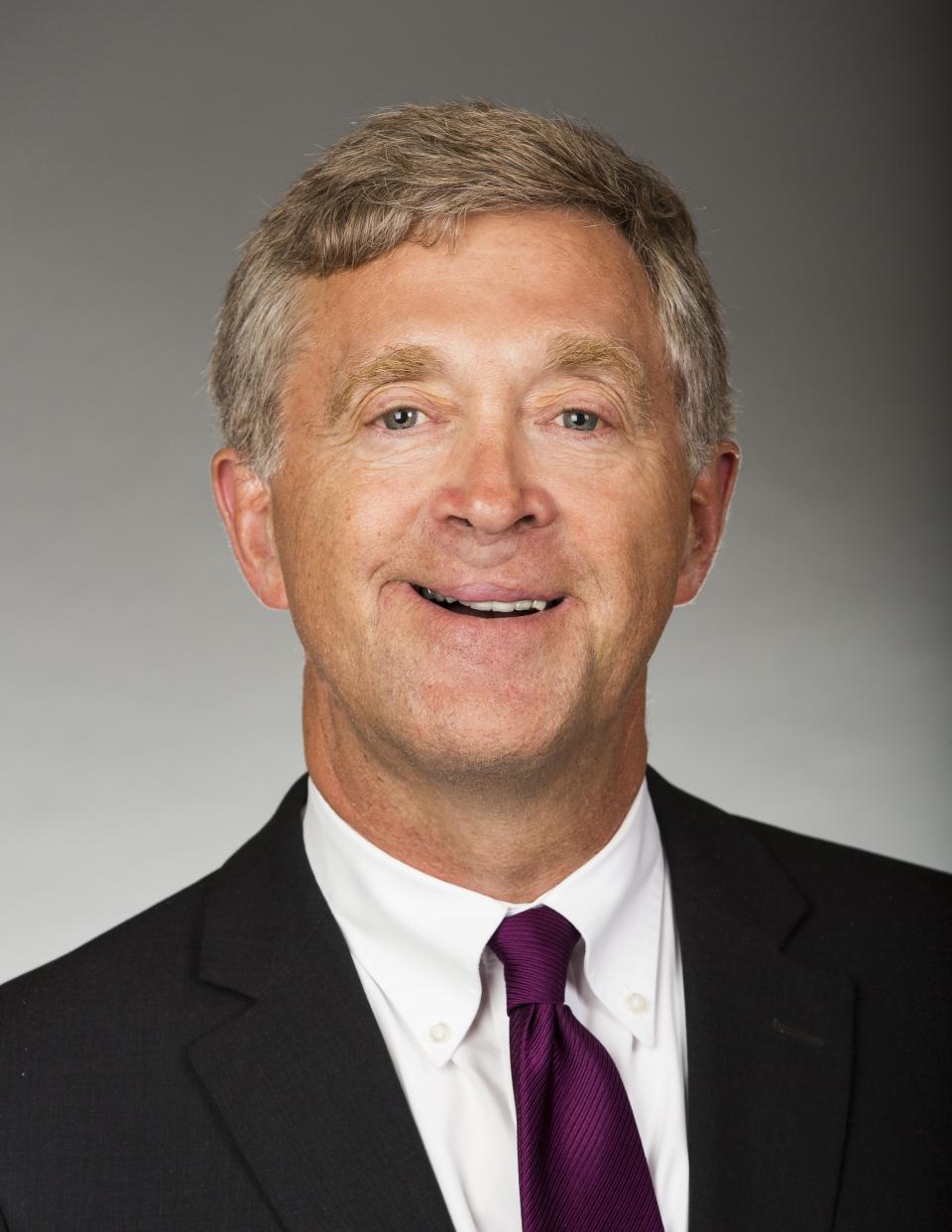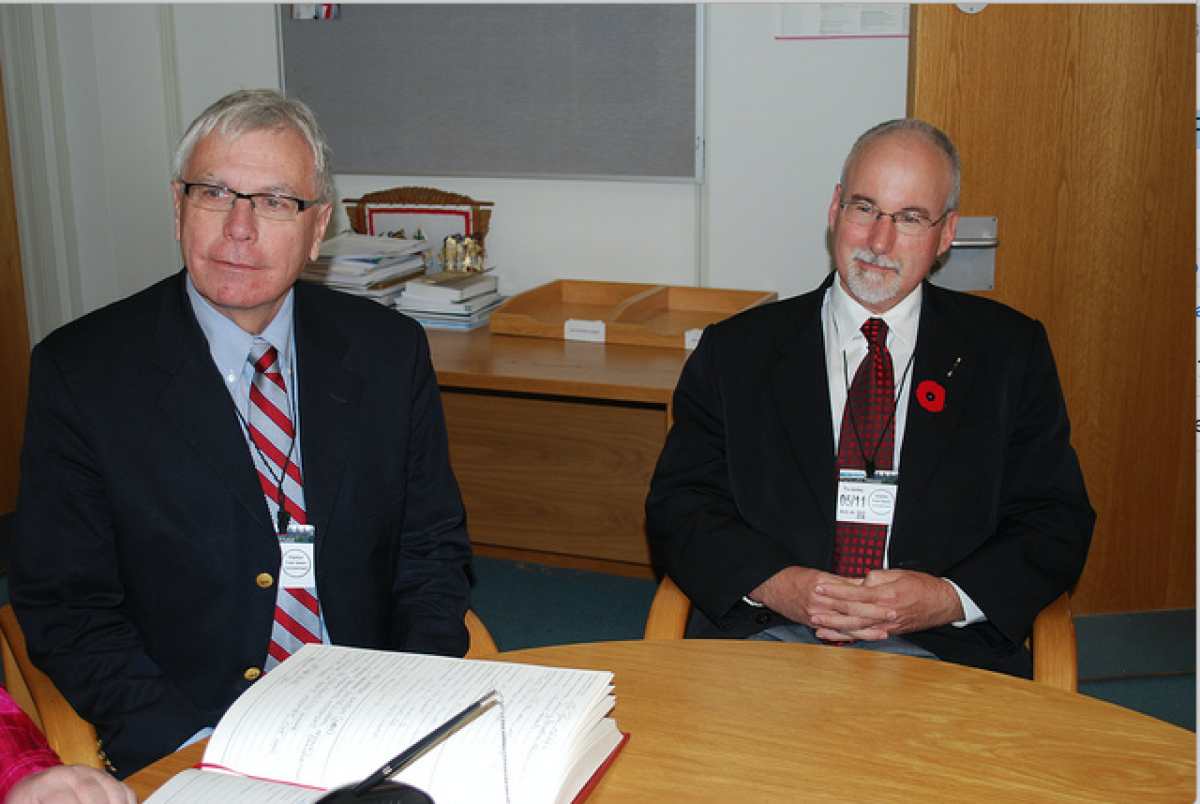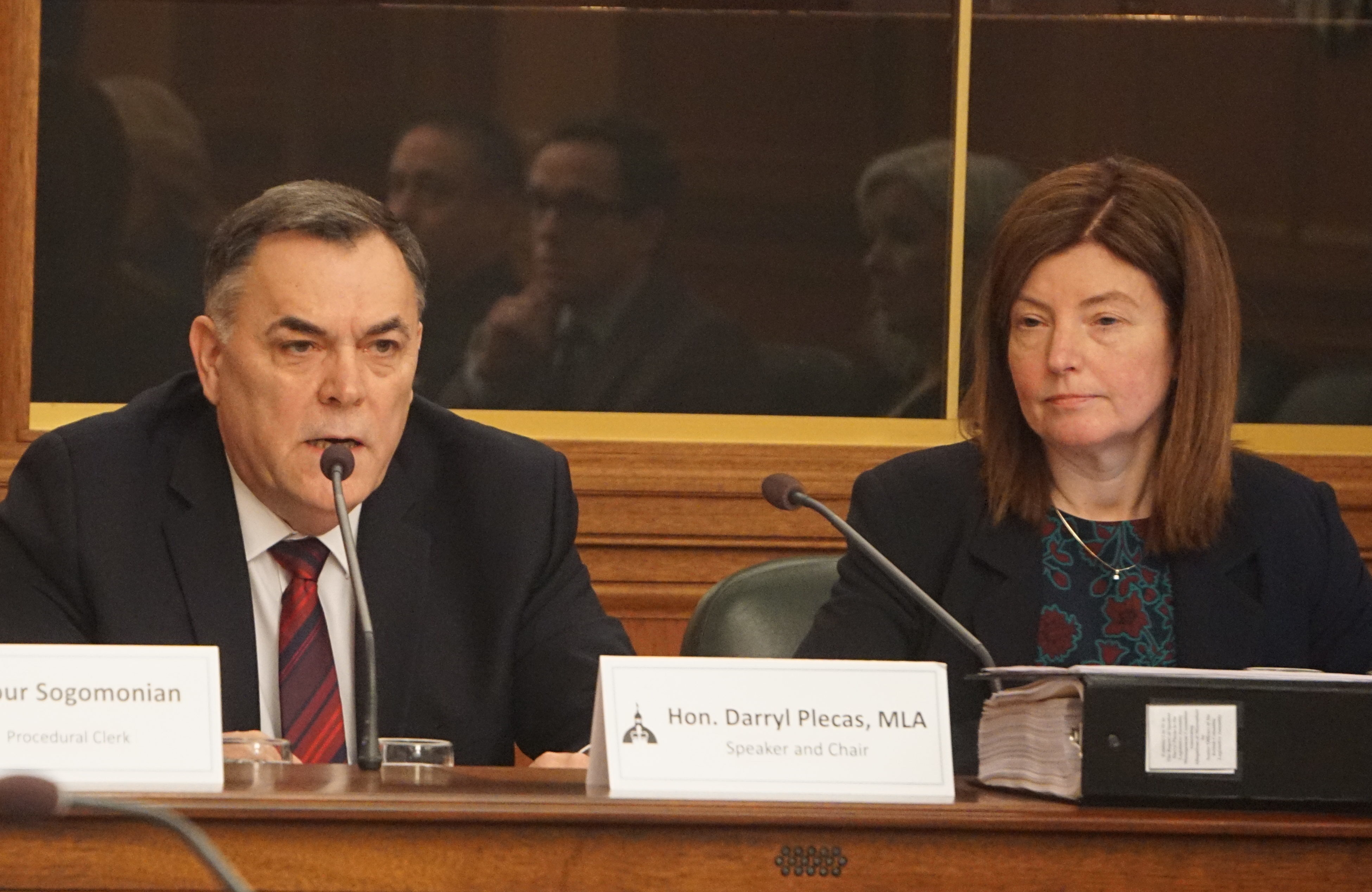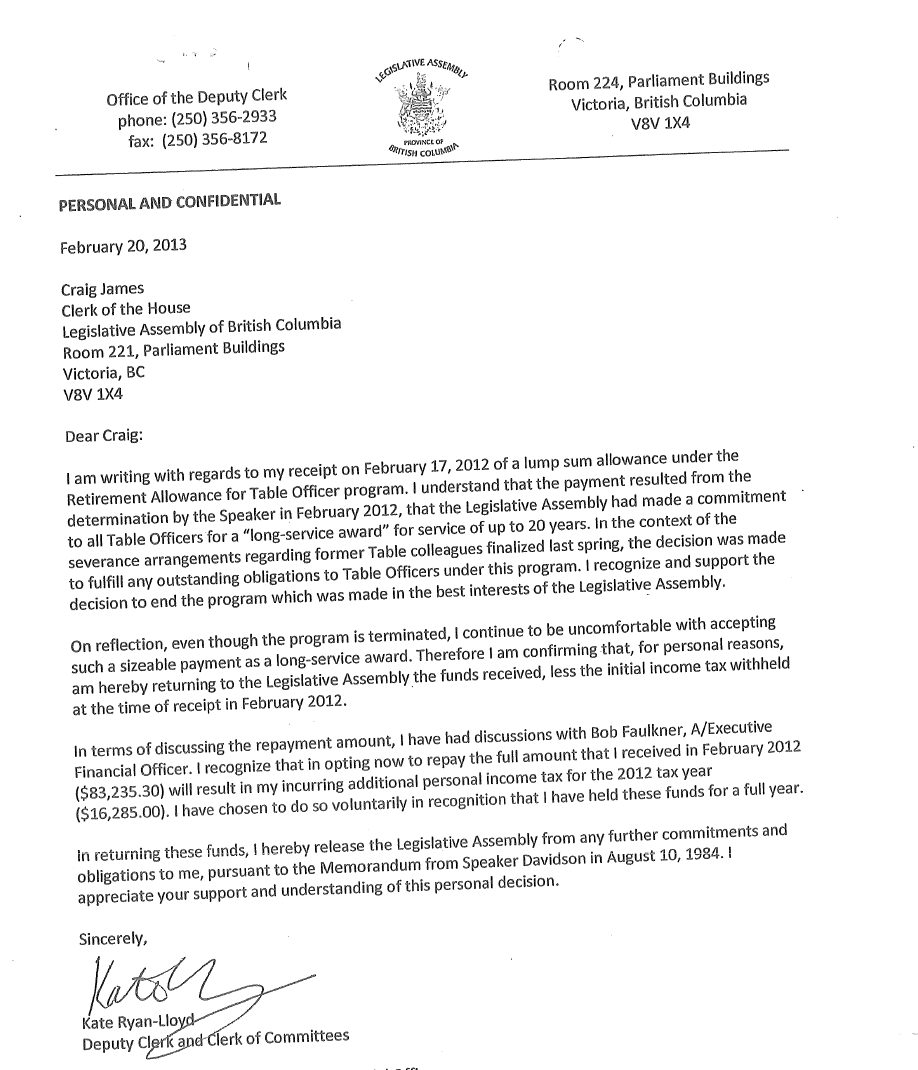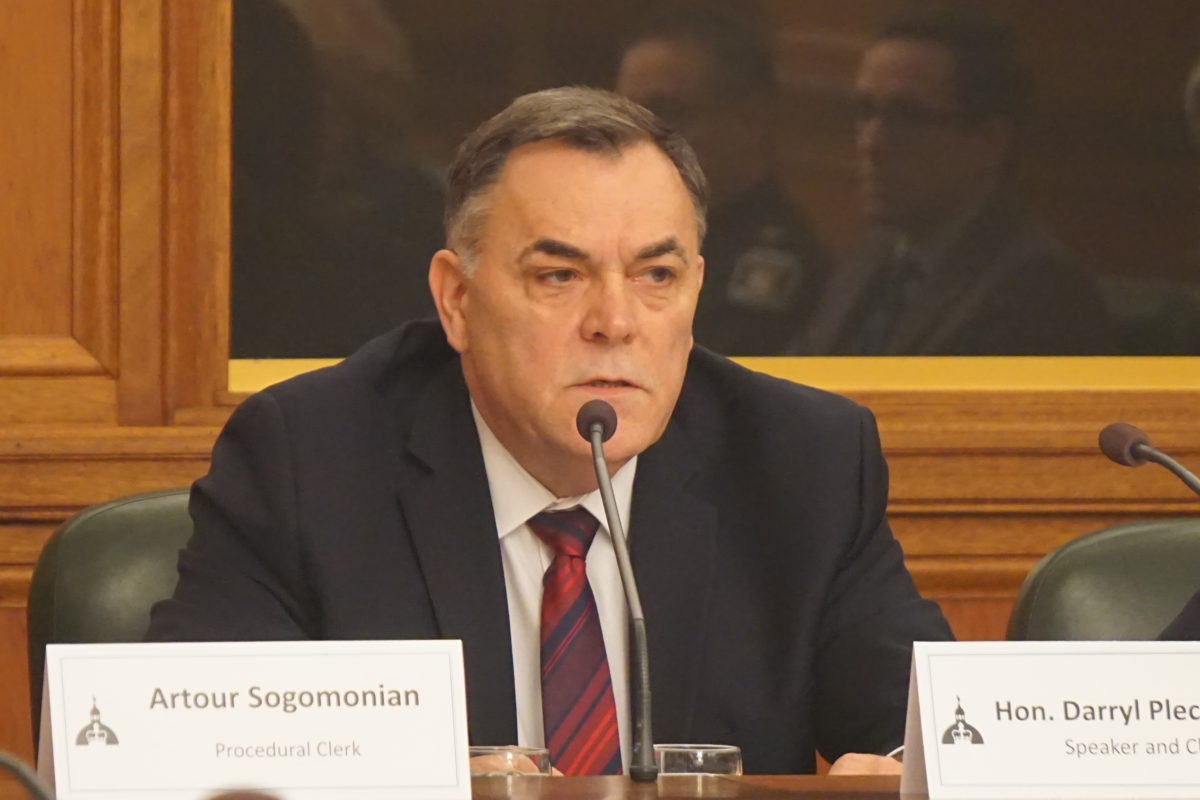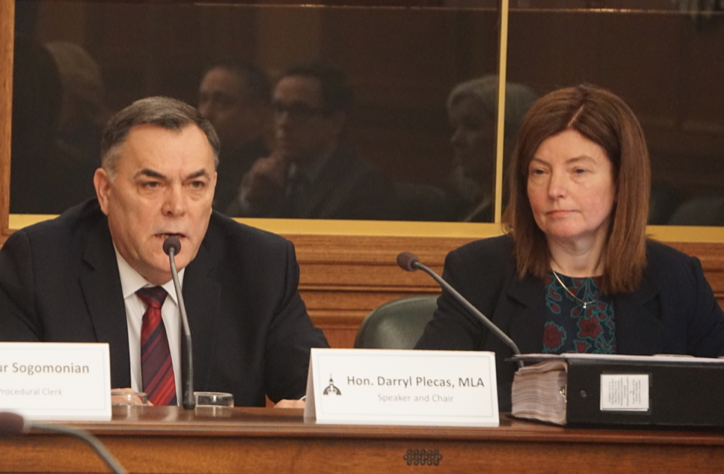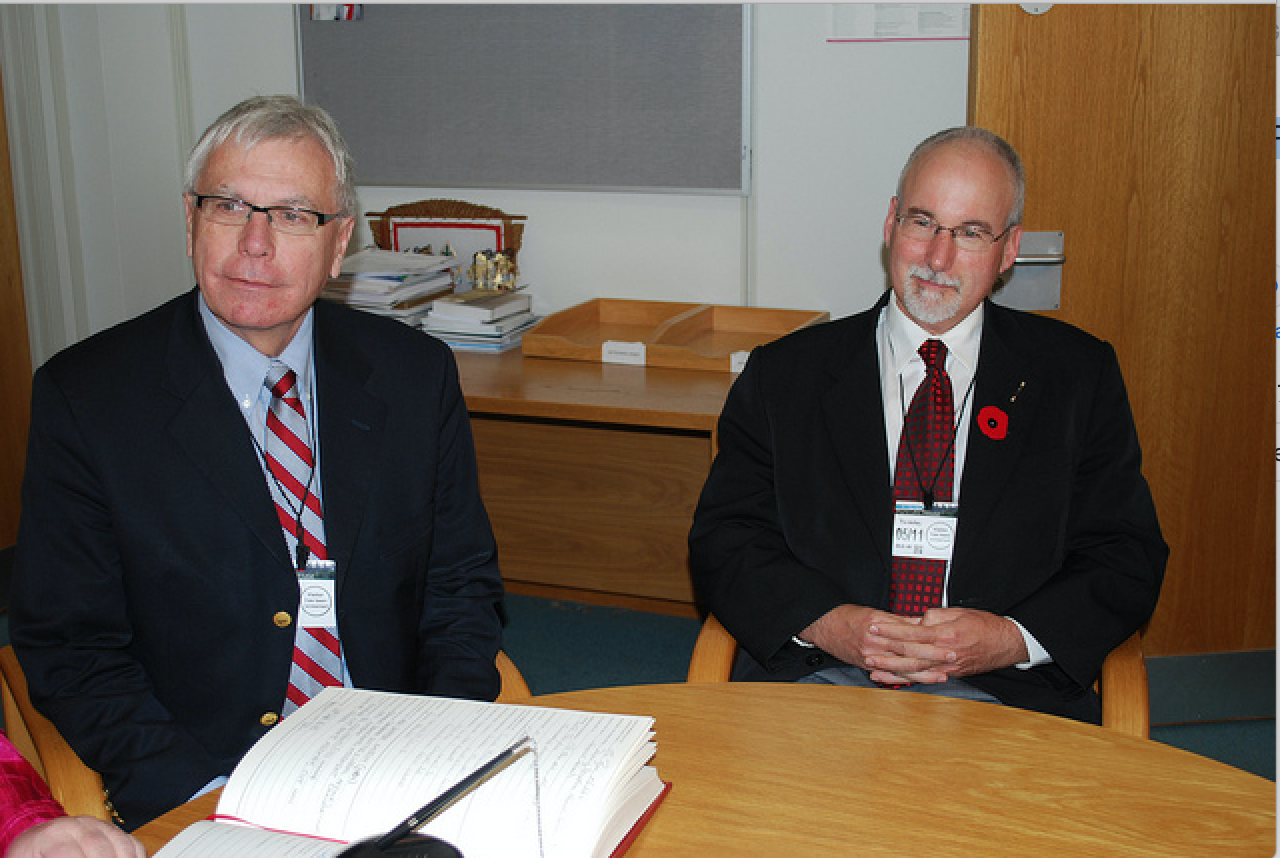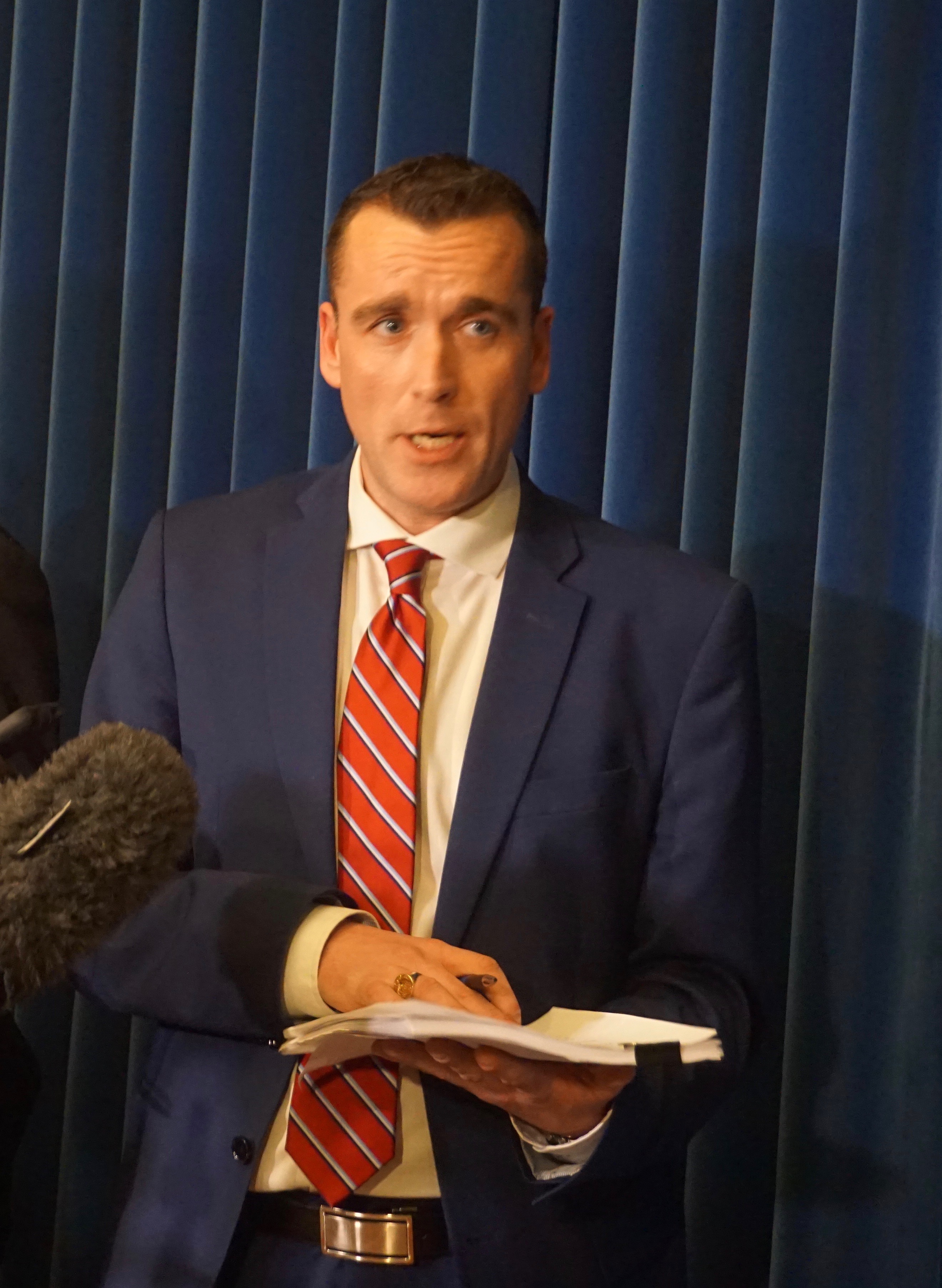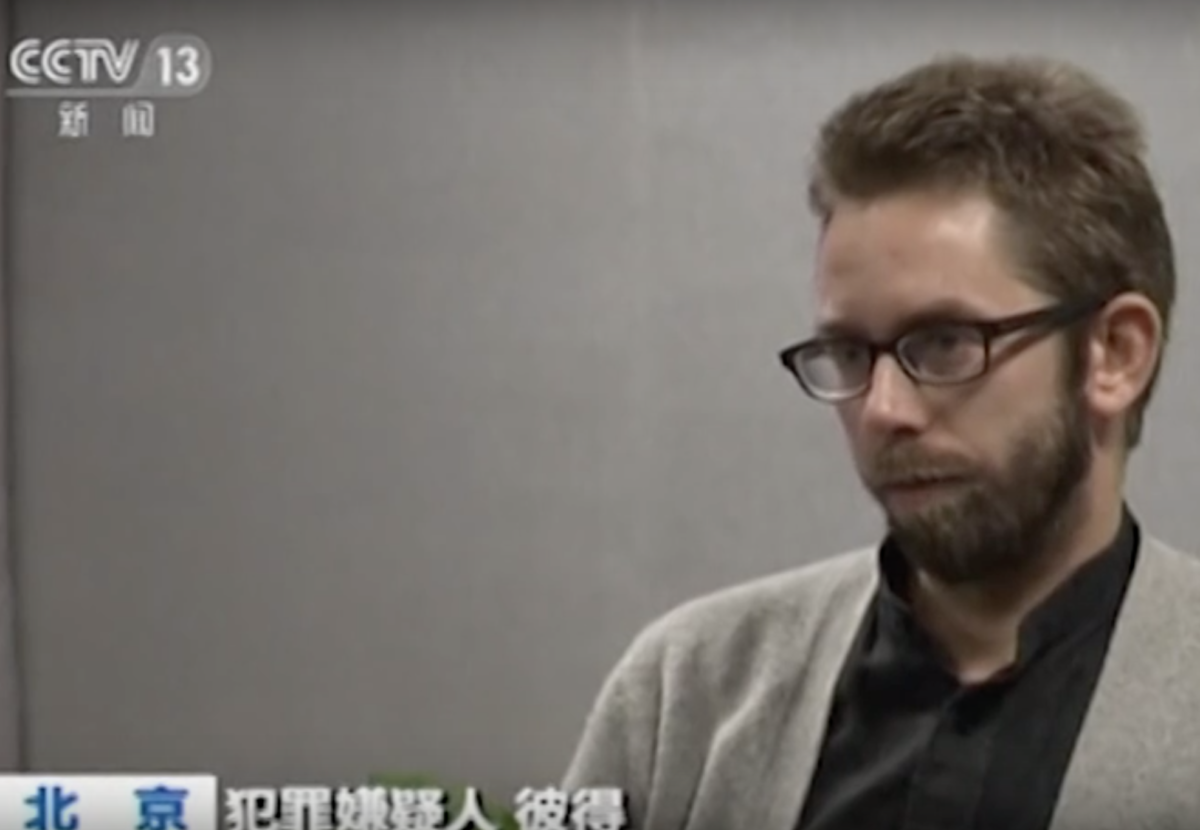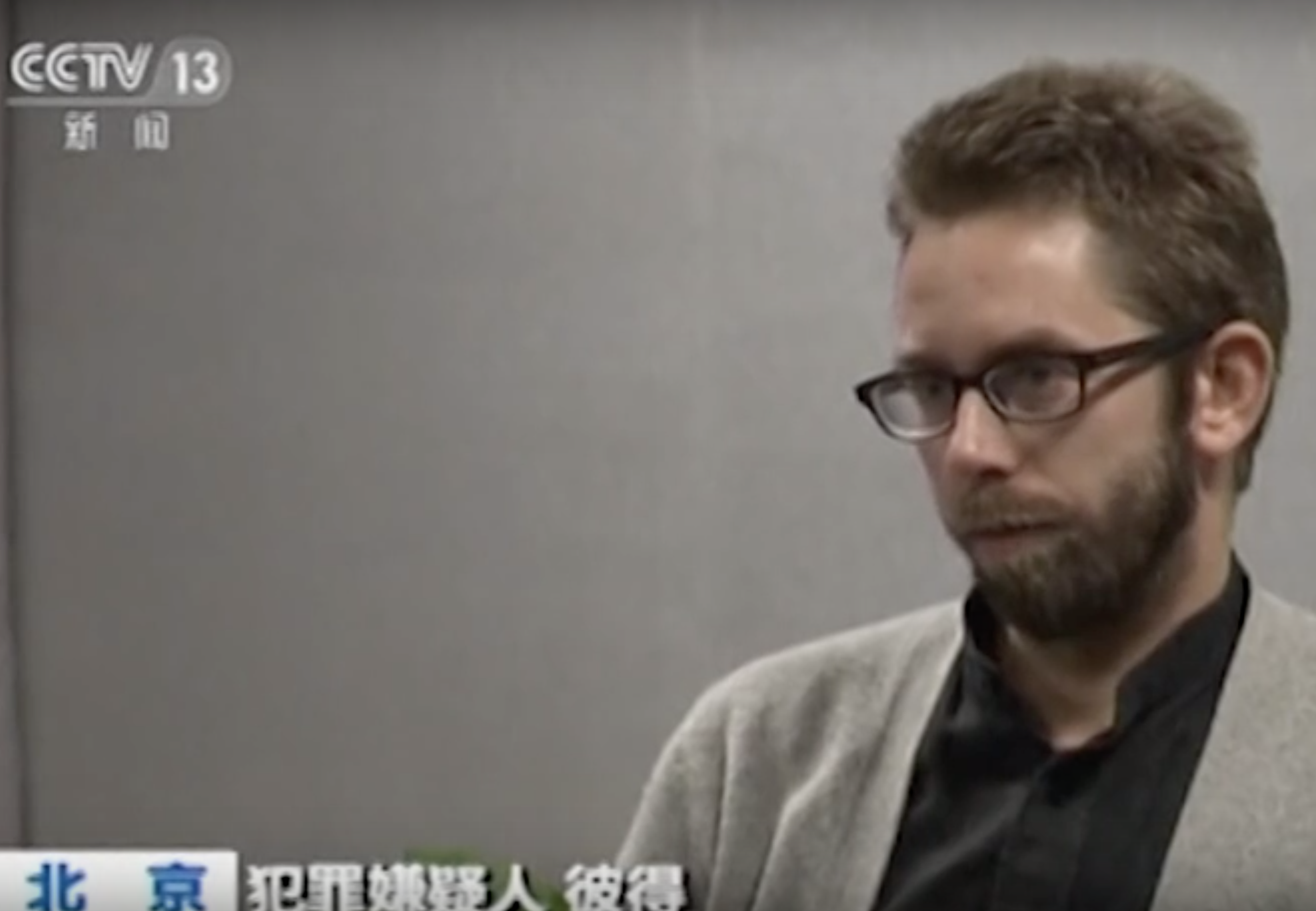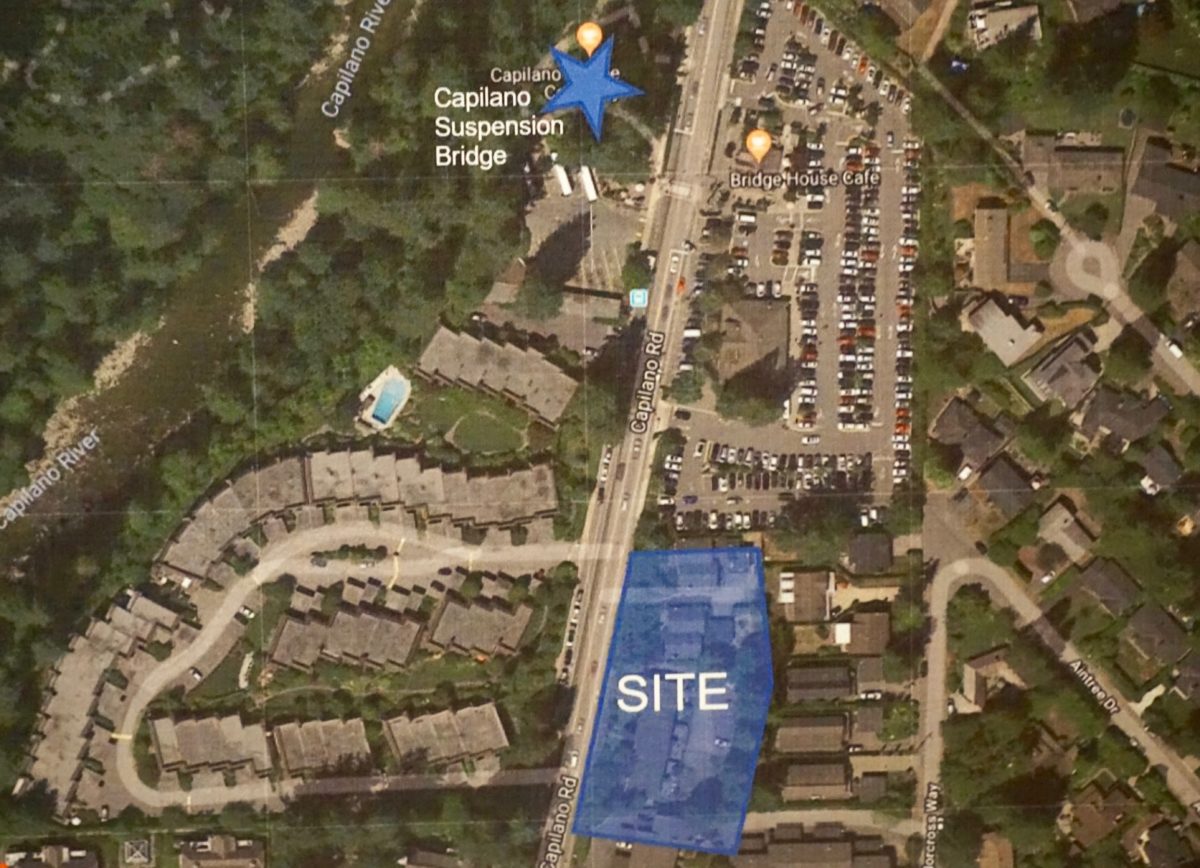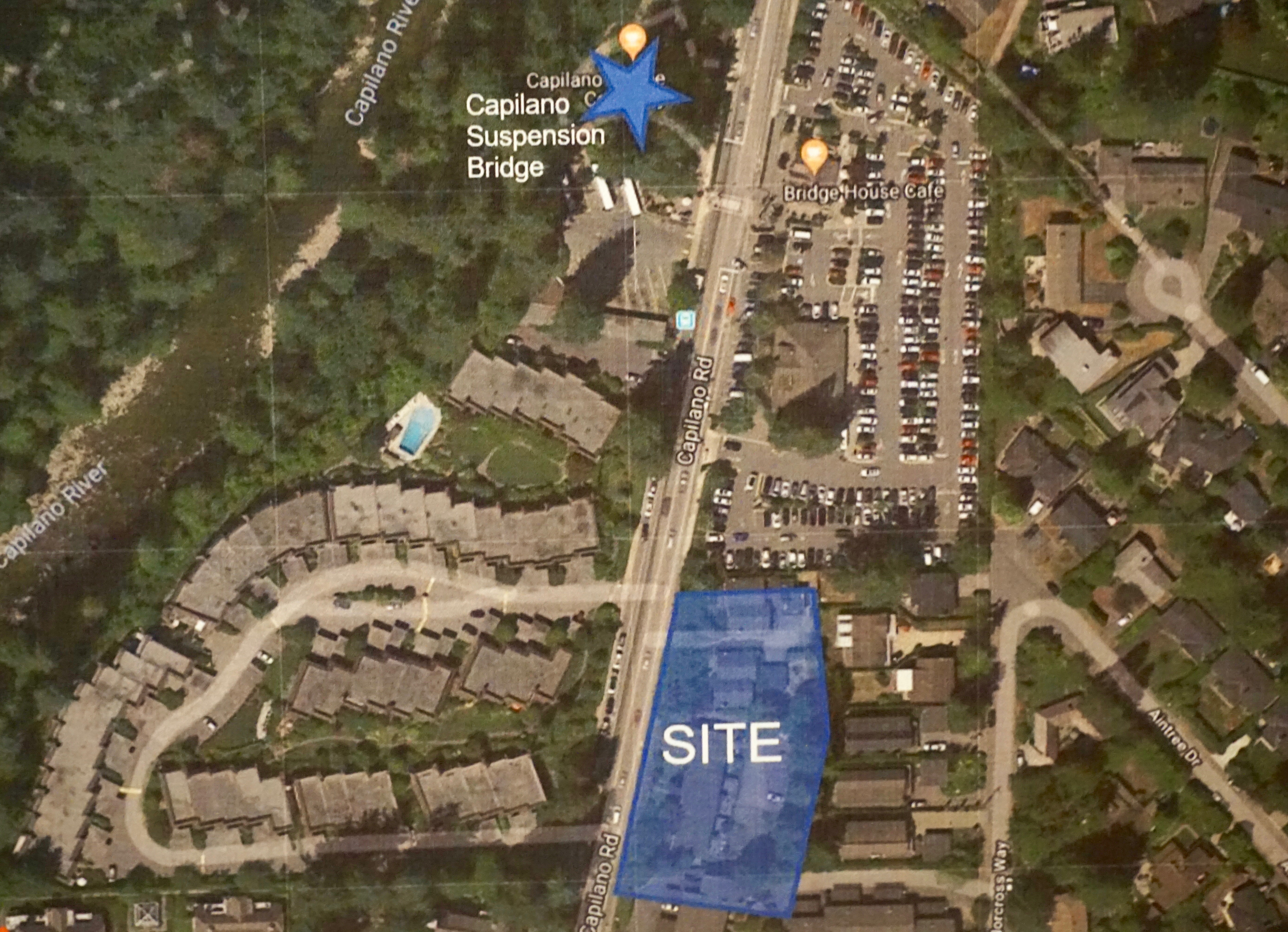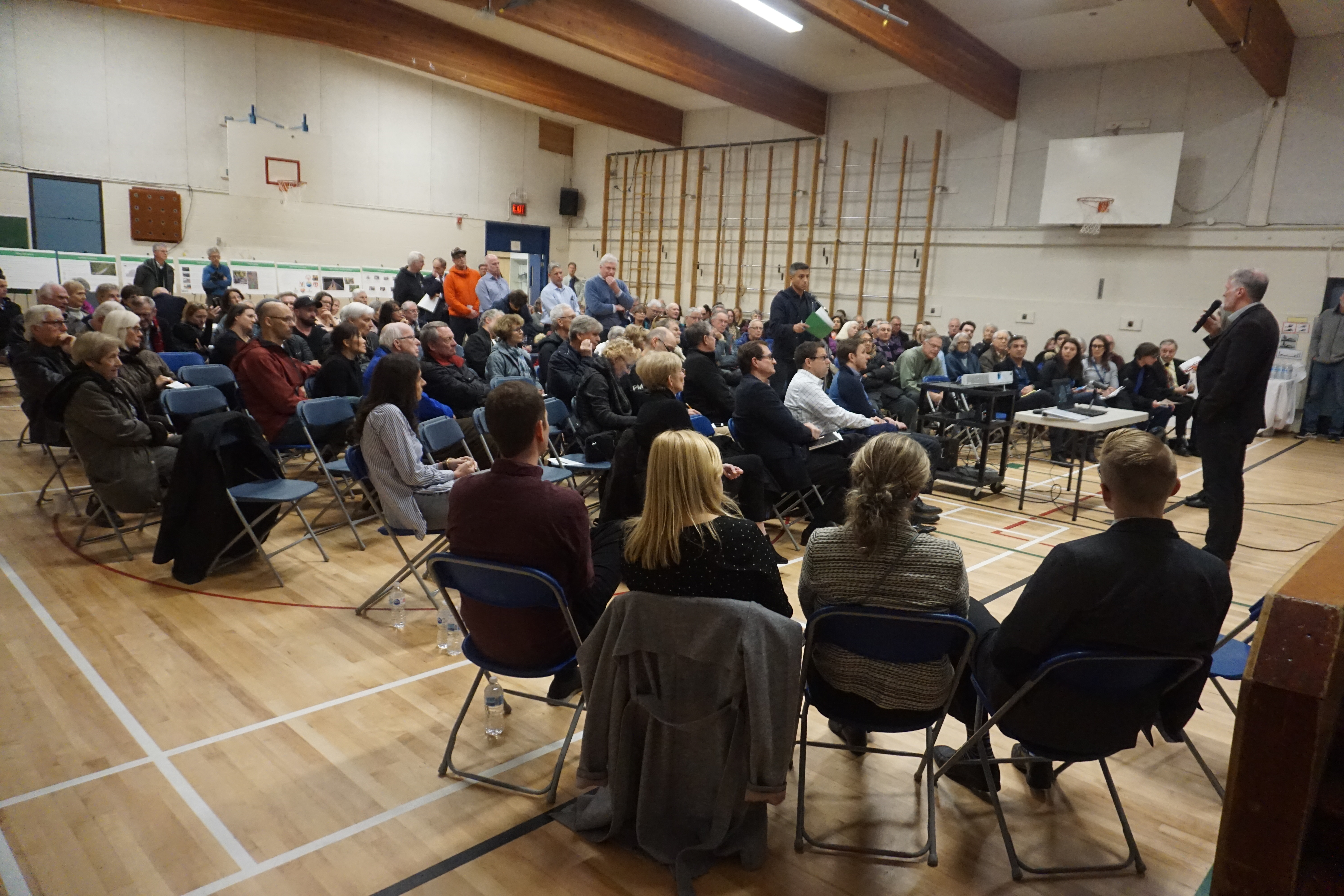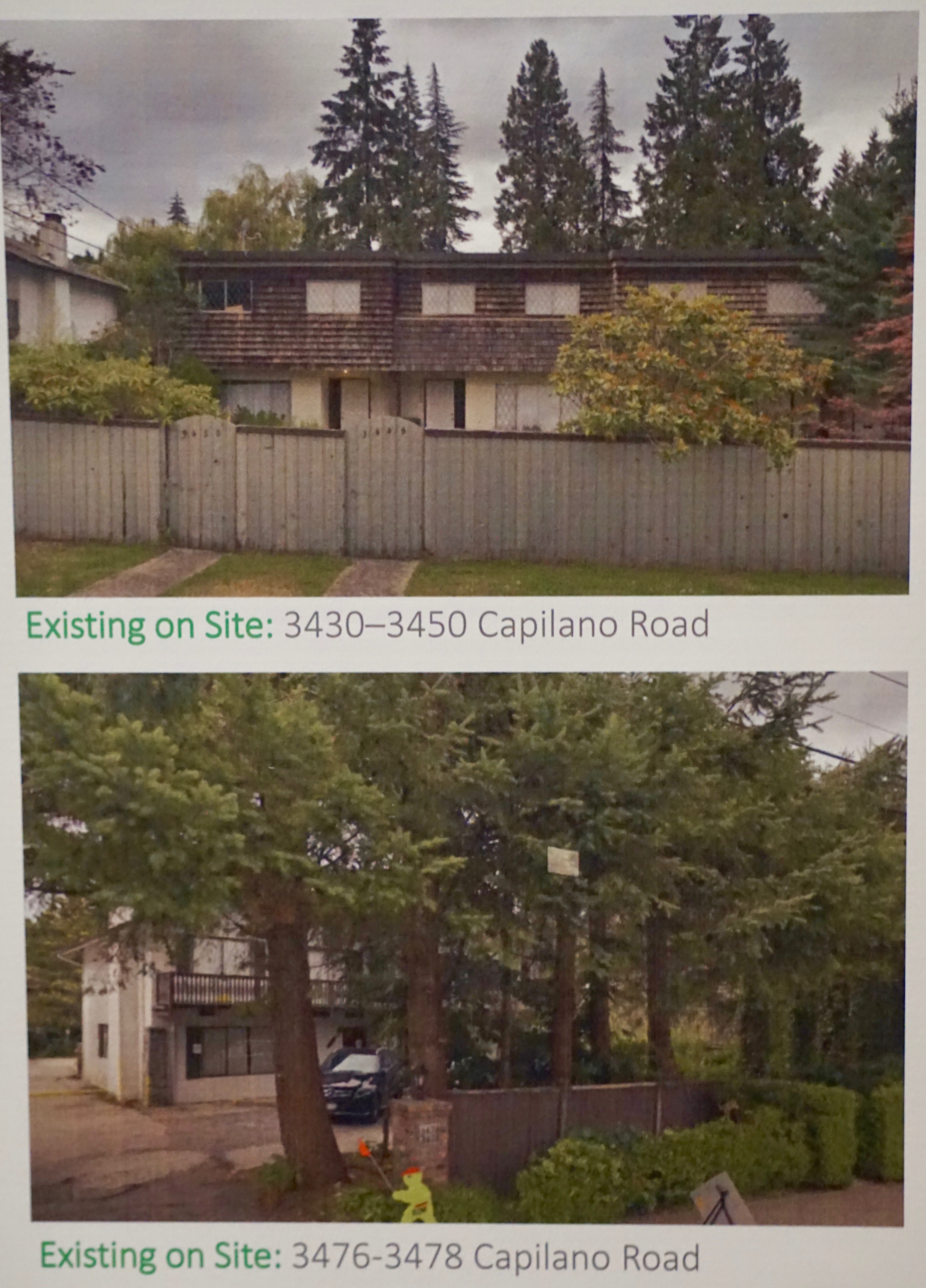Tweet leads to questions about voter residency rules in Nanaimo by-election
Bob Mackin
The managing partner of a Vancouver-headquartered personal injury law firm went to social media on Jan. 25 to announce his vote for Tony Harris in the Nanaimo by-election.
“I voted for the BC Liberals in Nanaimo because they won’t slap 17 new/increased taxes on the city and screw the injured victim on an ICBC claim,” wrote Wes Mussio at 11:11 p.m. Jan. 25, in a since-deleted Tweet from Qualicum Beach. “Yes the Liberals have ‘issues’ but the NDP are terrible for Nanaimo business, the local economy and most homeowners.”
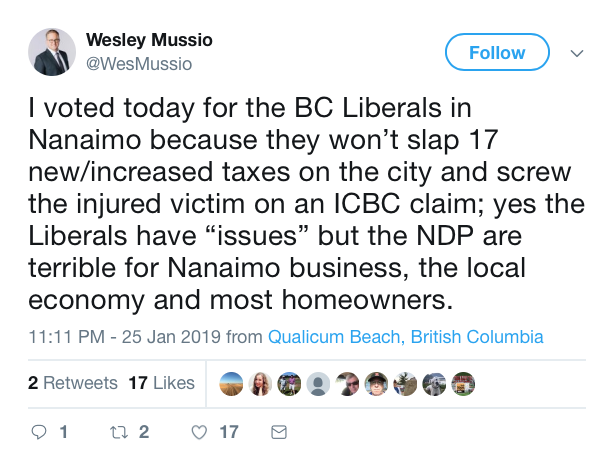
Nanaimo Clippers’ owner’s deleted Tweet (Twitter)
Mussio’s profile listed Vancouver as his location. He since changed that to Nanaimo.
Mussio bought the Nanaimo Clippers of the B.C. Hockey League in fall 2017 and told theBreaker.news that he works at the Nanaimo satellite office of his Mussio Goodman firm. He said his principal residence is in the Departure Bay area of Nanaimo and that he spends only one day a week in Vancouver during hockey season, at the Shaughnessy house his wife owns.
“I live [in Nanaimo], I run a business there — two businesses — I’m there more than I’m in Vancouver,” Mussio said. “I’m more connected to Nanaimo than most people around Nanaimo. A lot of people have secondary houses there.”
Before last fall’s Vancouver civic election, he listed his Shaughnessy address on the nomination form for wife Penny Mussio’s unsuccessful city council run on Wai Young’s Coalition Vancouver ticket. Mussio said he since moved to Nanaimo to manage the Clippers’ business operations and live with his son, defenseman Devon Mussio who was traded to Nanaimo in October. He said he did not vote in either Vancouver or Nanaimo civic elections because he was in transition.
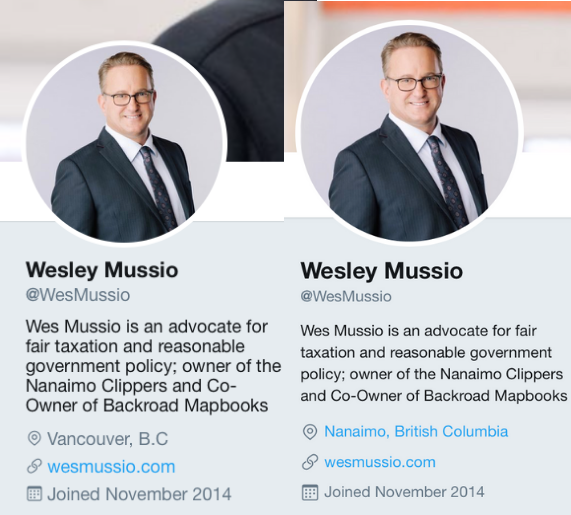
Vancouver vs. Nanaimo; before and after (Twitter)
Social media has been rife with photographs of BC Liberal and NDP supporters from the Lower Mainland and Interior taking BC Ferries to work on campaigns for the Jan. 30 by-election. Sheila Malcolmson supporter Jinny Sims, the NDP Minister of Citizens Services and a Surrey MLA, lists Nanaimo residential property in her annual public disclosure. B.C. Conservative candidate Justin Greenwood lives in Langley, but was raised in Central Saanich and has a brother in Nanaimo.
With such a high stakes by-election, could some partisans be visiting the Hub City on extended vacations in order to cast a vote for their favourite party?
The Election Act says Canadian citizens who are at least 18-years-old and B.C. residents for six months are eligible to vote. There is no time requirement to be resident of a certain riding. It is possible for transients to vote.
“A temporary residence, such as a hotel, can be a home address only if you consider this to be your home,” says the Elections BC website. “Individuals with no fixed place of residence may use the address of a shelter, hostel, or similar institution that provides food, lodging, or other social services.”
Elections BC spokeswoman Rebecca Penz said the Election Act prohibits individuals who are temporarily in the electoral district from voting in the by-election.
“An individual’s residence is the place where they live and to which, whenever absent, they intend to return,” Penz said. “An individual may only be a resident of one place at a time, therefore it would be a contravention of the Act to live outside of the district and claim residency in the district for the purposes of voting.”
Clarification:
Mr. Mussio is required by the Junior A B.C. Hockey League to be a local owner as part of the Nanaimo Clippers franchise agreement. As such, he has lived in rental residences in Nanaimo since buying the franchise in November 2017 — all within the Nanaimo provincial riding boundaries — and is actively pursuing the purchase of a residence in Nanaimo. He is neither owner nor renter of personal space in Vancouver. We sincerely apologize for any misunderstanding.
In October of 2018, Mr. Mussio expanded his role with the Nanaimo Clippers and took over the business operations of the franchise when two senior managers departed. He is also the sole lawyer working at the Nanaimo office of the Mussio Goodman law firm, which specializes in ICBC cases, published the guide What ICBC Does Not Want You to Know and operates the ICBCHelp.com website. Mr. Mussio also co-publishes Backroad Mapbooks, the must-have guides for outdoor recreation enthusiasts across Canada.
The Clippers play home games at the Frank Crane Arena in Nanaimo. Four games remain in the regular season and tickets range from $7.25 for children 12 and under to $16.70 for adults. Go Clippers!
Support theBreaker.news for as low as $2 a month on Patreon. Find out how. Click here.
Bob Mackin The managing partner of a Vancouver-headquartered







